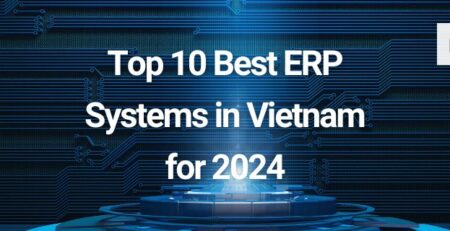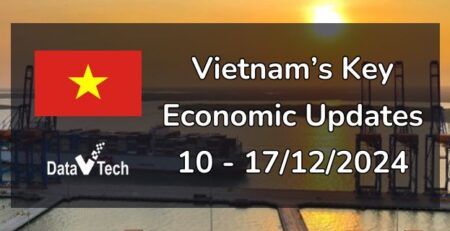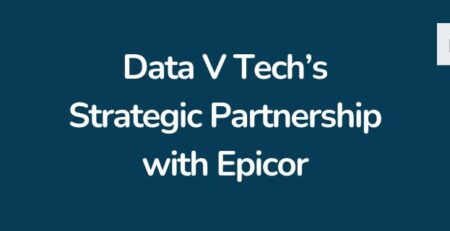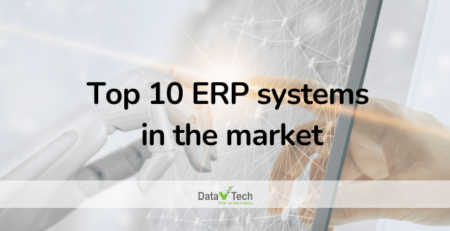With the rapid increase in company data, it is imperative to reconsider the current state of Enterprise Resource Planning (ERP) and introduce Decision Intelligence to enhance it. Historically, ERP has been the solution for businesses seeking a unified system to manage their operations and resources. At its core, ERP aims to improve operational efficiency through automation. However, as the volume of data continues to increase, ERP needs to evolve to keep up with the changing landscape and enable businesses to make informed decisions.
What is Decision Intelligence?
Decision intelligence is a term that refers to the use of data and advanced analytics techniques to support decision-making and drive business performance. By incorporating decision intelligence into their ERP systems, organizations can gain valuable insights into their operations and performance and make more informed and effective decisions.
Why does the modern ERP need Decision Intelligence?
In their current form, ERPs struggle to deal with the massive and varied data available. They work on the premise that businesses know what their data means and how it can be utilized. However, the exponential growth of data generation and availability has made it challenging for companies to know what data to focus on, leading to disconnected and siloed information. This has resulted in the need for a more comprehensive approach to decision-making that utilizes Decision Intelligence.
How does Decision Intelligence function in an ERP system?
Decision Intelligence utilizes AI to combine various decision-making techniques and the modern data stack to model, execute, and refine business decisions. It functions as an intelligence layer that complements traditional ERP systems, adding a new layer of meaning to data and unlocking previously inaccessible insights. Decision Intelligence focuses on answering what is happening, why, and what can be done about it, making predictions, and providing a more profound, contextual understanding of data.
As businesses face global challenges and an increasingly unpredictable environment, traditional ERP systems can no longer keep up with the pace and complexity of data. Decision Intelligence provides a solution, augmenting the capabilities of ERP and enabling organizations to make positive decisions at speed and with precision. However, implementing decision intelligence is not trivial and requires careful planning and execution. Organizations need to clearly understand their business goals and decision-making processes and the data and analytics capabilities necessary to support them. Additionally, they need the proper infrastructure and resources to manage and analyze the growing volumes of data generated.
A few examples of Decision Intelligence Software
- Alteryx: A data science and analytics platform that enables businesses to automate decision-making processes using AI and machine learning.
- SAS Decision Manager: An AI-powered software solution that helps organizations make data-driven decisions by automating decision-making processes and providing real-time insights.
- KNIME Analytics Platform: An open-source data analytics platform that supports the development of decision intelligence models and algorithms.
- RapidMiner: A data science platform that integrates machine learning, deep learning, and text mining to automate decision-making processes.
- H2O.ai: An AI-powered software platform that provides businesses with the tools to build and deploy decision intelligence models and algorithms.
- IBM Watson Decision Platform: A cloud-based platform that provides businesses with the tools to automate decision-making processes using AI and machine learning.
- ClearML: A machine learning and deep learning model management platform that streamlines the entire AI experiment life cycle, from data collection to deployment, to help organizations make informed decisions through a more efficient and organized AI development process.
In conclusion, integrating decision intelligence into ERP systems can be a powerful tool for organizations to drive business performance and stay ahead of the curve in today’s data-driven world. Follow Data V Tech for more business and technological trends.












